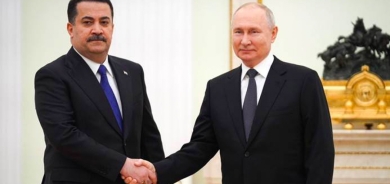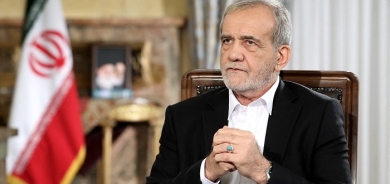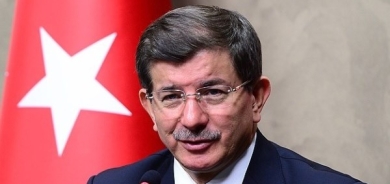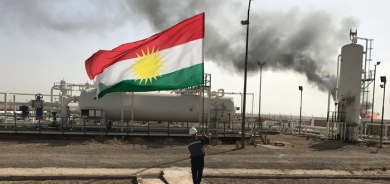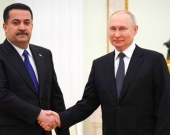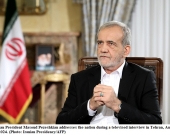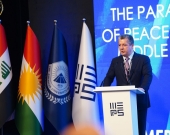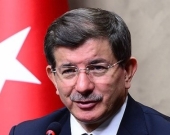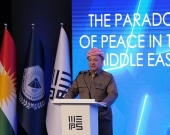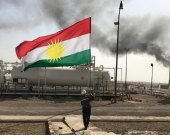Concerns Over Blocking of Alwand River By Iran

Kurdish and Arab farmers in the province complain that their farms and animals are affected by a drought because the river is no longer flowing into their area.
Sardar Ahmed, the district administrator of Khanaqin, said by the blocking of the river, “Fifty percent of the remaining farms and orchards will perish.”
According to Ahmed, dozens of villages and towns near Khanaqin rely on the Alwand River for drinking water and agriculture.
Ahmed is concerned about the farming season when the lack of water will inflict greater damage on the region’s farms.
He said the damage “will be even greater if they (Iranians) do this again at the peak of summer.”
According to Khanaqin Directorate of Agriculture, 63 kilometers of the 152-kilometer-long Alwand River passes through Iraqi Kurdistan.
The directorate reports that around 1,000 acres of fruit trees and 48,000 acres of farmlands depend on the Alwand river.
“My orchard has never been like this before,” said Hassan Salim, a Khanaqin farmer. “Last year my date palms, orange, pomegranate, mandarin, and olive trees produced only 700 kilograms of fruits. Normally they produce 70 tons. If it happens again and Iran decides to block the water, then I have no choice but to abandon my orchard. What can I do without water?”
Four years ago, orchards and farms in northern Diyala were among the most productive lands in all of Iraq. But now thousands of farmers are deeply worried about a possible Iranian project to build a dam on the Alwand River across the border.
Kamaran Abdullah, head of Khanaqin Agricultural directorate, said that around 90 percent of farmers in the area are Kurds and 50 percent of their trees have perished.
Abdullah said the only alternative to rescue the farms is to dig water wells, but he doesn’t believe it’s a viable solution.
“These orchards are too big to be watered with water wells,” he said.
Iranian authorities blocked the river last summer, alarming the region’s farmers. Former Kurdish Prime Minister Nechirvan Barzani visited Iran in August to discuss border issues with Iran, among them the Alwand River.
Hasaan Jihad, a Khanaqin official. was part of the Kurdish delegation that visited Iran.
“I took two photos of the Alwand River with me to Iran,” Jihad said. “One of Alwand before the water was blocked and one after. We showed them (the Iranians) the photos and explained the damages caused by blocking the river.”
According to Jihad, there are now plans to build a dam named Shahin on the river.
Jihad said, “Iraq’s foreign minister has called the Iranian ambassador and discussed this matter with him. Agricultural committees from Iraq and Iran have also decided to meet in February, but this is no guarantee that Iran won’t block the Alwand River again next year.”
To find a sustainable solution for water shortage in the area, the Iraqi government has started building a dam on the Alwand River about 10 kilometers south of Khanain.
Samir Muhammad Nuri, the head of Khanaqin’s city council, said, “Next May, this dam will be completed. It can hold 38 million cubic meters of water and will solve 80 percent of our water (shortage) issues in the summertime.”
Nuri believes that the Kurdistan Regional Government (KRG) should connect the Sirwan River with the Alwand—a river that also flows from Iran into Iraqi Kurdistan near Halabja—which would help solve Khanaqin water shortages.
The fruits of the Khanaqin area high quality.
According to Abdullah, the area produces nearly 4,000 tons of orange, pomegranates and dates every year. However, last year they produced just 1,500 tons.
Abdullah said the water shortage may force farmers to sell their land for housing projects.
“If the water continues to be blocked, it will totally destroy the orchards and the farmers will end up selling their farms and orchards to housing projects,” Abdullah said. “So we’re giving new plants to farmers to replanting their lands instead of selling it.”

